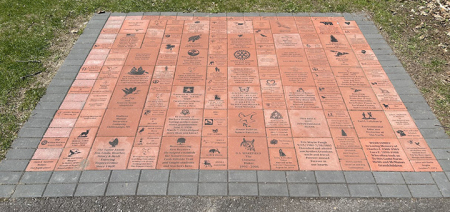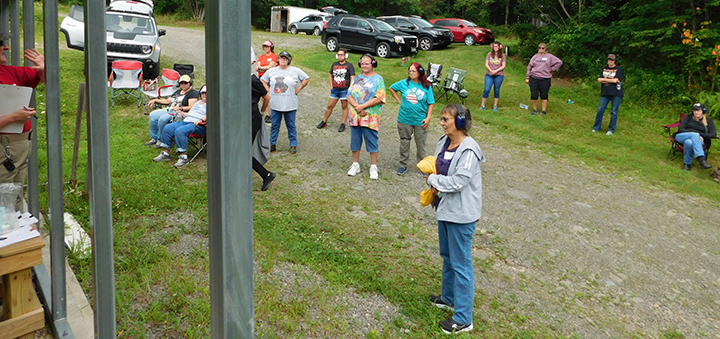O. Henry…with Hand On Heart And Dictionary At Hand
Published:
December 24th, 2021
By:
Shelly Reuben

O. Henry has always been one of my favorite authors. When people ask me where I learned how to write, I gleefully admit, “In the College of The Collected Works of Sydney Porter, a.k.a., O. Henry.”
For those of a less literary bent, O. Henry, the writer, is not Oh. Henry, the candy bar.
One of the reasons that I started to write for The Evening Sun was that my hero, O. Henry, contributed to several newspaper columns, and I wanted to follow suit. After he moved to New York in 1902, he published over 381 stories between then and 1910 (he was only 47 years old), when he died.
No minor feat.
Like many of you, I was introduced to “The Gift of the Magi,” “The Ransom of Red Chief,” “The Cop and the Anthem,” and my favorite…“The Last Leaf,” during English class in high school. When I discuss the importance of plot during author talks or writing workshops, I often describe this last story, but can never, ever finish talking about it without tears streaming out of my eyes.
O. Henry touched the heart as no other American writer has. He was a brilliant craftsman and a kind-hearted observer. He was also a bit of a hero worshipper, as he found dignity and nobility in everyone from waitresses and shop girls to burglars and bums.
He was something else, too. O. Henry loved and had a great mastery of words. Big words. Little words. Common words. Obscure words. He pulled them from the cornucopia in his mind, and plopped them down in perfect symmetry on a page.
The amazing thing about his popularity, though, is that his target audience was men and women with little education who waited tables, sold gloves behind counters, cleaned offices, rode buses, taught grubby children in public schools, or worked in factories.
Since he was so popular, it can be assumed that his regular readers understood most, if not every word that he wrote. Which leaves me agog at how much more literate people were in the late 19th early 20th Century than we are now. When I read O. Henry’s as a teenager (and I went to a good high school), the definitions of at least 10 words per story eluded me. Did I look the words up in a dictionary? No. Of course not. I was too enraptured by what I was reading to put the book down.
Now, however, I have finally decided to test my memory and see if my vocabulary really was that limited. So I put on my reading glasses and barged into The Voice of the City, The Four Million, Strictly Business, The Trimmed Lamp, and Whirligigs. And what do you know? My memory was correct. The average Joe and Jill back then had much better vocabularies than I do now.
Here is an incomplete list of some words I plucked from those stories (there are many more) that I cannot define. Apparently, my ignorance knows no bounds. Brace yourself: Take out a dictionary. And have fun!
Subaqueously
Trenchant
Hegira
Eleemosynary
Fatuously
Ptarmigan
Boadicea
Remunerative
Corniform
Officinal
Menstruum
Purblind
Tinctured
Pat Trope
Contumelious
Welkin
Thanatopsis
Lethean
Tierce
Egregious
Timerarious
Contumacious
Tophet
Controvert
Cerus
Hamadryads
Philomel
Fugacious
Specious
Demirep
Sophistical
Mignonette
Sanguinary
Persiflage
Pulchritude
Melpomene
Alluvial
Contumely
Amarranth
Galluptious
Fletcherize
Nepenthe
Vade Mecum
Sinecure
Coign
Devoirs
Cravenett
Punctilio
Pother
Schatchens
Rathskeller
Myrmidons
Tutelary
Devoirs
Saturnalian
Wassail
Tontine
Tatterdemalion
Pleasaunce
Fetor
Copyright © Shelly Reuben, 2021. Shelly Reuben’s books have been nominated for Edgar, Prometheus, and Falcon awards. For more about her writing, visit www.shellyreuben.com
Author: Shelly Reuben - More From This Author
Comments








